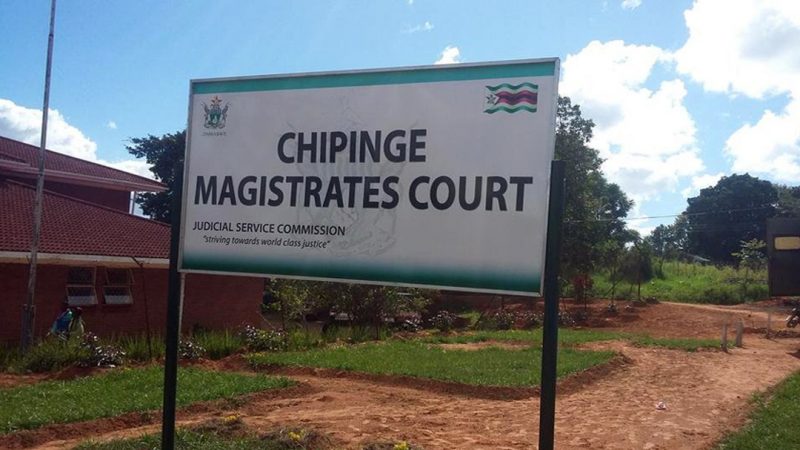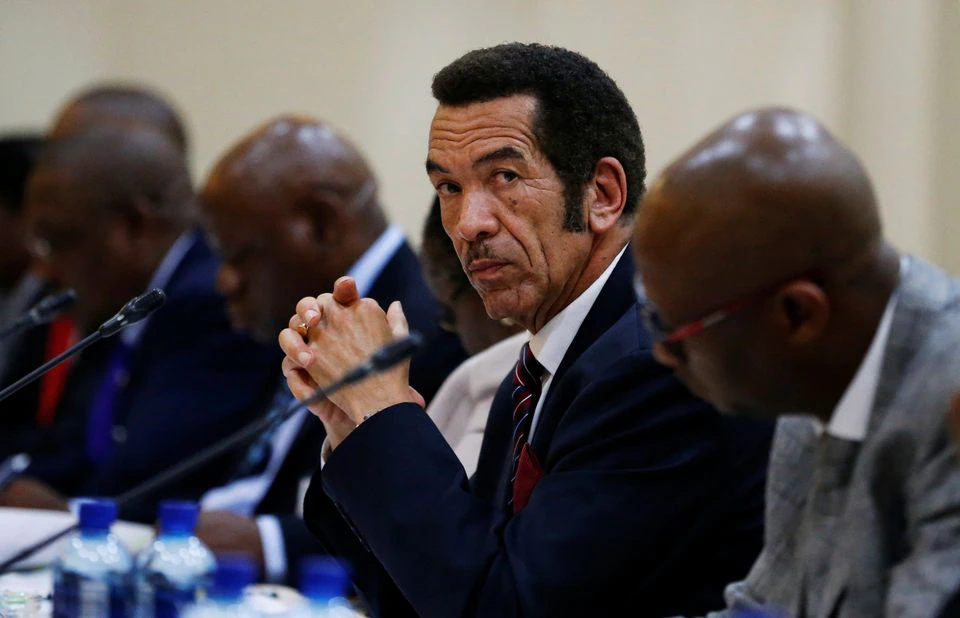HARARE – HIGH Court judge Munamato Mutevedzi has abandoned a case in which a Gweru farmer is challenging the seizure of her farm by government saying the matter was too political to be handled by his court.
Mutevedzi said courts have no jurisdiction to hear cases involving seizure of land from Zimbabweans by the government as the matters are political rather than legal.
He took the position after a Gweru farmer, Frances Mary Bowers sued the Lands Ministry accusing it of illegally seizing her farm.
Mutevedzi ruled he was not allowed to deal with such matters.
“The question whether agricultural land owned by an indigenous Zimbabwean can be expropriated under the land reform programme is a political rather than a legal question,” he said.
“An applicant who is unhappy about the expropriation of his/hers/its land solely on the basis of being an indigenous Zimbabwean has no remedy in the court of law because the courts are, in no uncertain terms, prescribed from adjudicating such disputes.
“That factor, like many others which fall outside the remit of SI 6B (2) (a), speaks to the conduct and circumstances of the farm owner.
“They have all been deemed irrelevant to the consideration whether on the face of the record an acquisition of agricultural land is not in accordance with the terms of s 16b (2) (a) of the Constitution.
“As a result, this court is prohibited from determining the application.
“In the circumstances and for the reasons explained above, the court must as it hereby does, withhold its jurisdiction to determine the application.”
Bowers had argued it was unlawful for the government to take her farm because she is a Zimbabwean.
The farmer mounted a court application together with Bernadette Costas, who was acting in her capacity as the executor dative of the estate of Vernon Bower.
Lands Minister Anxious Masuka, together with seven other farmers namely Margie Siziba, Collins Shirichena, Nyasha Manyakara, Tendai Munedzi, Pearson Ndoro, Emmanuel Matizanadzo and Tariro Elford Moyo were cited as the respondents.
In her application, Bowers said she and her husband had purchased a piece of land in Gweru soon after independence in 1981.
However, in pursuit of its land reform initiative, the government acquired the farm in 2005.
She said this was unlawful.
“The first applicant (Bowers) further alleges that in her conviction, that acquisition was erroneous and unlawful for one principal reason.
“The law did not and still does not allow the acquisition of land belonging to indigenous Zimbabweans.
“To vindicate her right not to have the farm expropriated, she applied for a delisting of the farm in 2006.
“Both the land Identification Committee and the Resident Minister supported the delisting on the basis that the farm was indigenously owned.”
Lands Ministry Permanent Secretary, John Bhasera challenged the application, arguing that the acquisition of the farm could not be reversed by an application to a court of law as the title of the farm was vested in the State.
Bhasera said the High Court had no authority to determine the application citing the SI.
He added that the application was futile as the title to the land allowed the State to do as it pleases with the farm.
The ruling by the court has a bearing on the outcome of many other similar cases in the courts in which black beneficiaries of the country’s land reform process have sued government over the seizure of their farms.
















